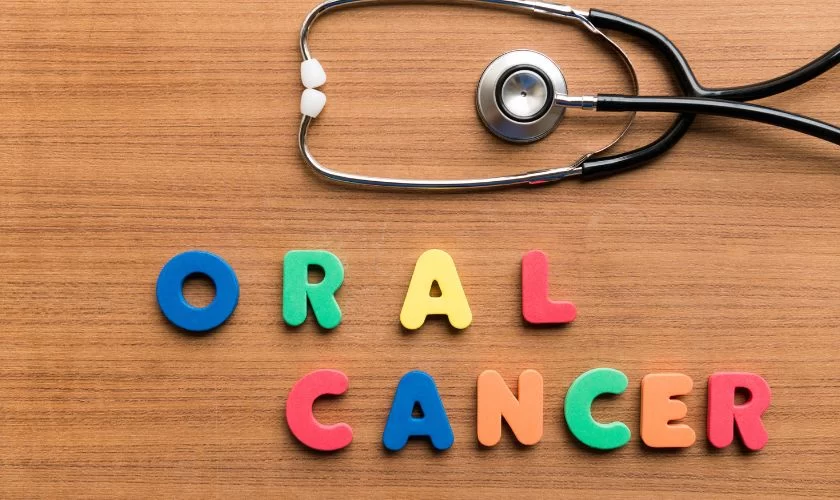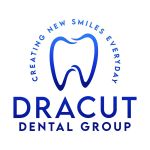
- Oral Cancer Prevention Tips
- Healthy Habits for Oral Health
- Recognizing the Signs of Oral Cancer
- Oral Cancer Risk Factors
1. Oral Cancer Prevention Tips
Oral cancer, like many types of cancers, is preventable when the right measures are taken. Prevention starts with maintaining good oral hygiene and avoiding harmful behaviors. Here are some actionable steps you can take:
- Avoid Tobacco Use: Smoking and chewing tobacco are two major risk factors for oral cancer. These substances can cause changes in the cells of the mouth, leading to cancerous growths. If you use tobacco, quitting is one of the most effective steps to prevent oral cancer.
- Limit Alcohol Consumption: Excessive alcohol intake can increase your risk of developing oral cancer. Limiting alcohol intake or avoiding it altogether can reduce this risk.
- Maintain Good Oral Hygiene: Brushing your teeth at least twice a day, flossing regularly, and visiting the dentist for check-ups help prevent gum disease and other oral health problems, both of which can increase your risk of oral cancer.
- Eat a Healthy Diet: A diet rich in fruits, vegetables, and whole grains can boost your immune system and protect your mouth from harmful agents that may cause cancer.
2. Healthy Habits for Oral Health
In addition to preventing oral cancer, maintaining healthy oral habits is essential for overall oral health. Healthy habits can reduce the risk of oral infections and diseases, creating a strong foundation for cancer prevention. Here are some additional habits to consider:
- Regular Dental Visits: Seeing your dentist regularly for check-ups and cleanings is crucial. Your dentist can identify early signs of oral cancer and other oral health problems before they become serious issues.
- Stay Hydrated: Drinking plenty of water helps keep your mouth hydrated, preventing dry mouth, which can contribute to the development of oral diseases.
- Wear Protection During Sports: If you're involved in contact sports, wearing a mouthguard can protect your teeth and oral tissues from injury, which can potentially lead to oral health issues.
3. Recognizing the Signs of Oral Cancer
Detecting oral cancer early is key to successful treatment. Knowing the warning signs and symptoms of oral cancer can help you identify any issues before they become more severe. Some common signs include:
- Persistent Mouth Sores: Sores or ulcers that don't heal after two weeks can be a red flag for oral cancer.
- Unexplained Bleeding: If you experience bleeding in your mouth that isn't due to injury, it's important to see a doctor.
- Persistent Pain or Discomfort: Pain in the mouth, throat, or ears that doesn't go away could be a sign of oral cancer.
- Changes in Voice or Difficulty Swallowing: Hoarseness or trouble swallowing could indicate oral or throat cancer.
4. Oral Cancer Risk Factors
While anyone can develop oral cancer, certain factors increase your risk. Understanding these risk factors can help you take proactive steps in prevention:
- Aging: The risk of oral cancer increases with age, particularly for those over 50.
- HPV Infection: Human papillomavirus (HPV) is a leading cause of oropharyngeal cancers, which affect the back of the throat, including the base of the tongue and tonsils.
- Gender: Men are at a higher risk of developing oral cancer compared to women, though rates in women have been rising.
- Family History: If you have a family history of oral cancer, your risk of developing it is higher.
By adopting healthy habits, avoiding known risk factors, and recognizing the early signs of oral cancer, you can significantly reduce your chances of developing this serious disease. If you're looking for the best oral care products to support your health, be sure to visit Dentistry Toothtruth for personalized recommendations and services.







 Kathleen Thieu, DDS, MS4.0 (16 review)
Kathleen Thieu, DDS, MS4.0 (16 review) EZ Dental Specialty Group3.0 (20 review)
EZ Dental Specialty Group3.0 (20 review) Tender Smiles 4 Kids4.0 (450 review)
Tender Smiles 4 Kids4.0 (450 review) Summit Dental Specialists5.0 (13 review)
Summit Dental Specialists5.0 (13 review) Dracut Dental Group5.0 (268 review)
Dracut Dental Group5.0 (268 review) Nashua Cosmetic & Restorative Dentistry, PLLC4.0 (51 review)
Nashua Cosmetic & Restorative Dentistry, PLLC4.0 (51 review) The Importance of Oral Health Education During Pregnancy for a Healthy Pregnancy
The Importance of Oral Health Education During Pregnancy for a Healthy Pregnancy Best Tips for Brushing Your Teeth Properly for Healthy Gums: Essential Techniques for Oral Health
Best Tips for Brushing Your Teeth Properly for Healthy Gums: Essential Techniques for Oral Health Why Skipping Dental Checkups Can Lead to Bigger Oral Health Problems
Why Skipping Dental Checkups Can Lead to Bigger Oral Health Problems Advantages of Porcelain Dental Restorations
Advantages of Porcelain Dental Restorations How Can Diabetes Cause Tooth and Gum Problems? Preventing and Managing Oral Health Issues
How Can Diabetes Cause Tooth and Gum Problems? Preventing and Managing Oral Health Issues Healthy Habits for Promoting Good Oral Health and Hygiene: Tips for a Healthy Smile
Healthy Habits for Promoting Good Oral Health and Hygiene: Tips for a Healthy Smile